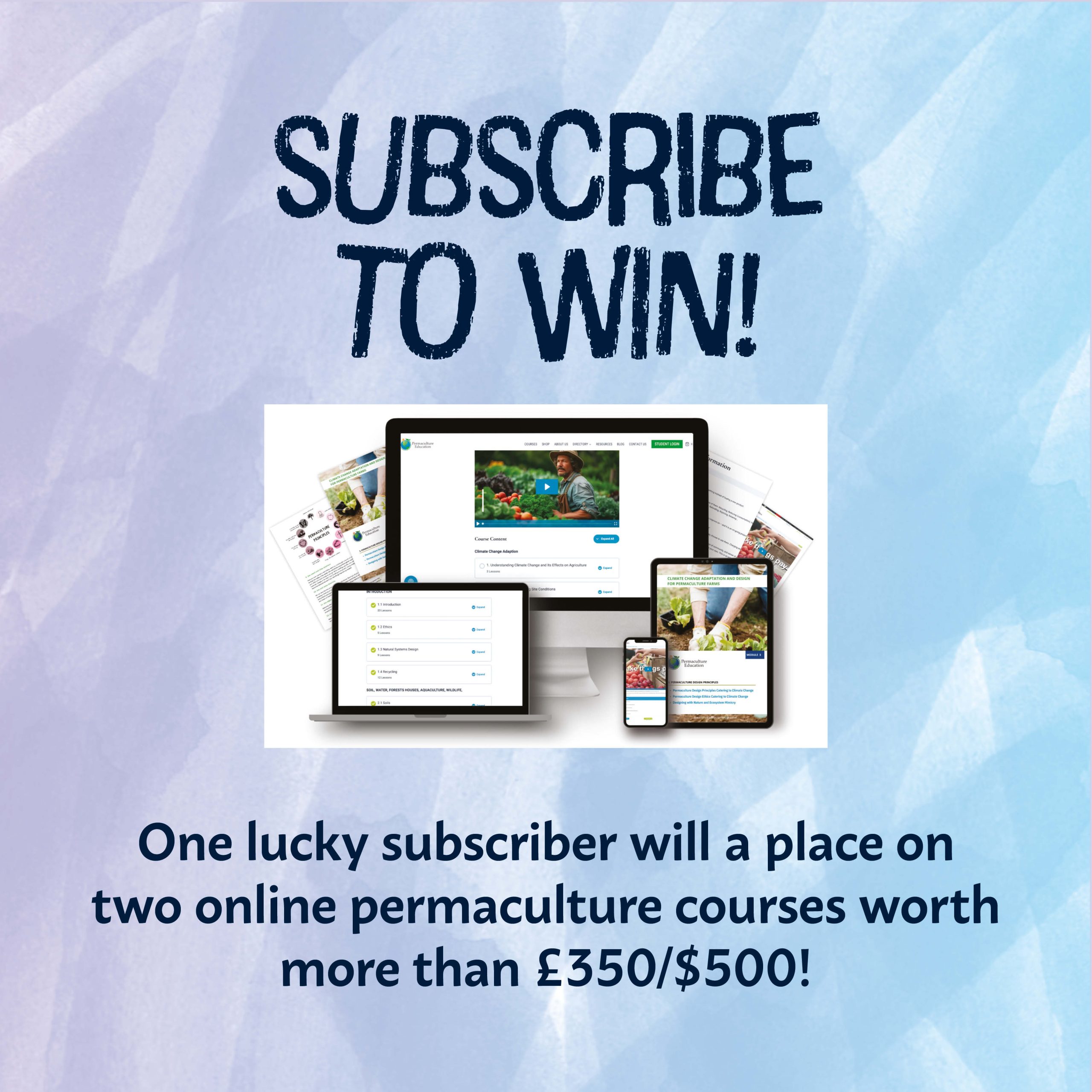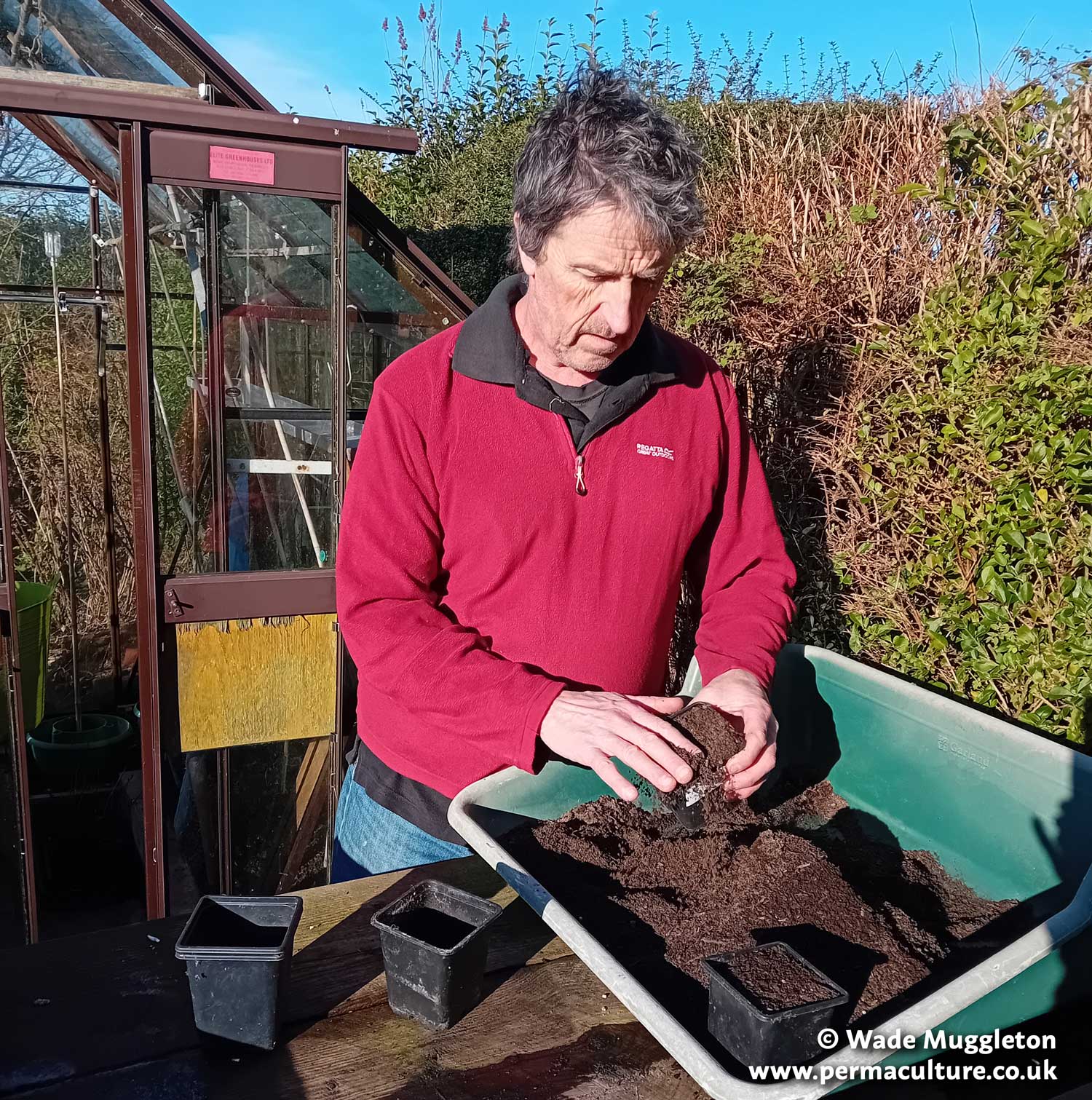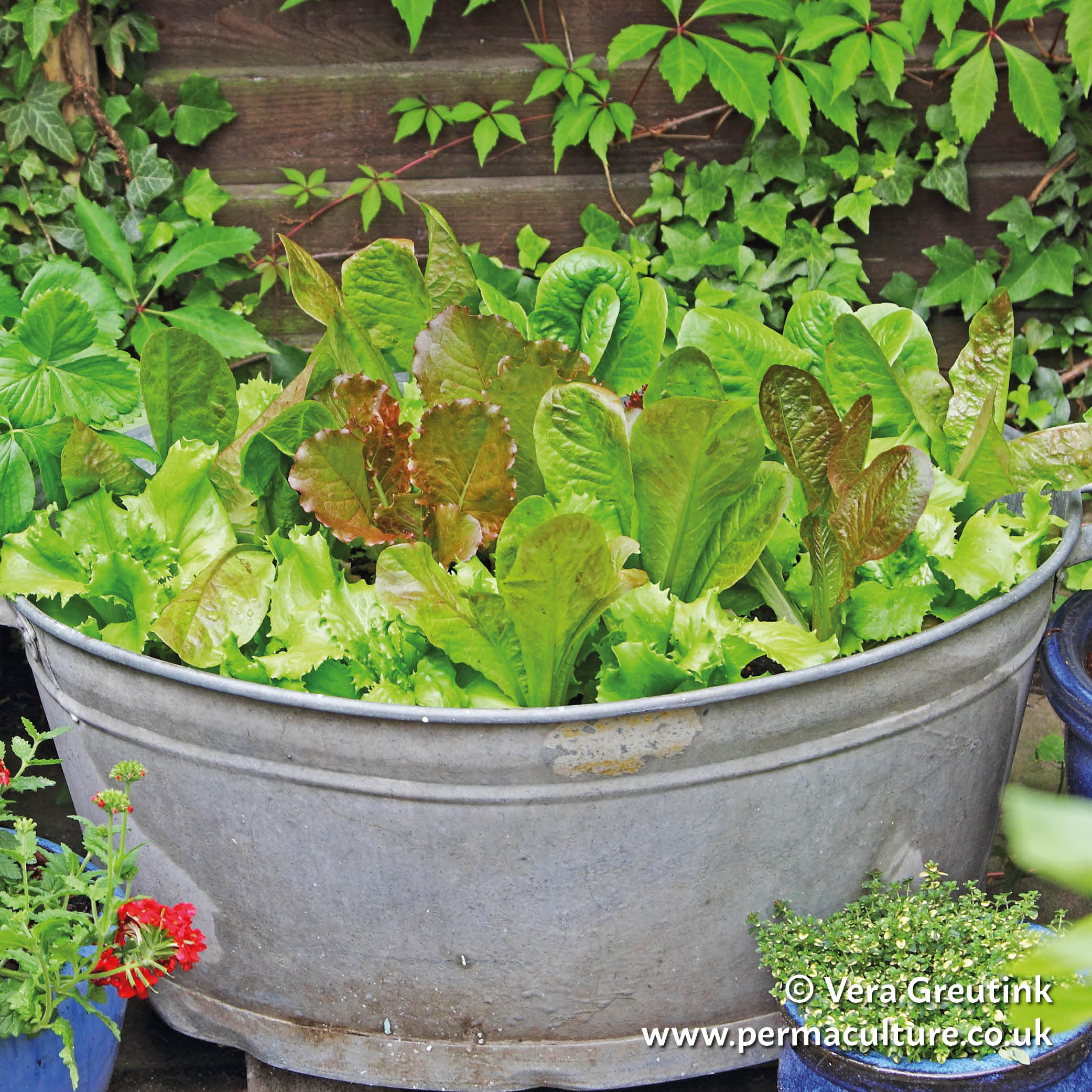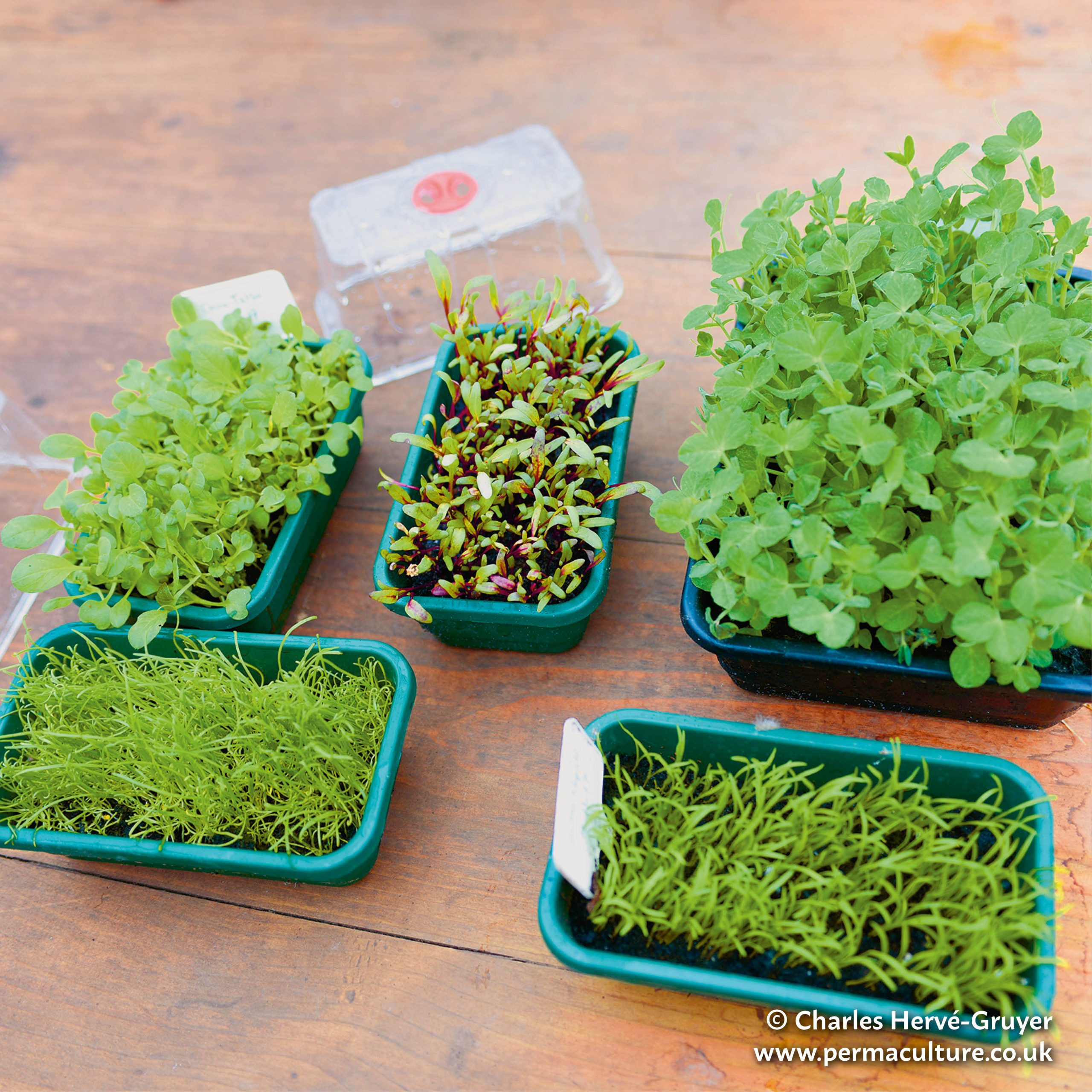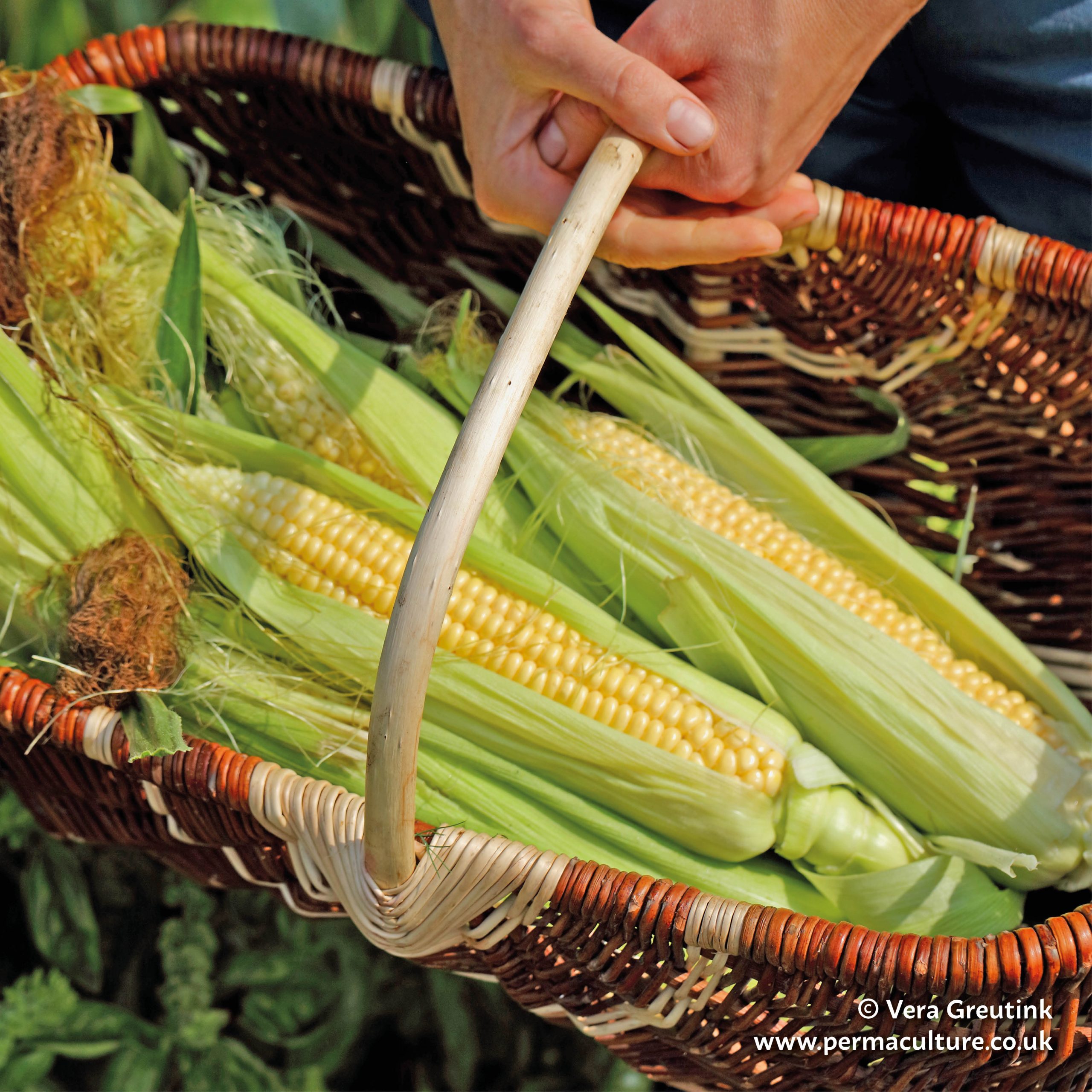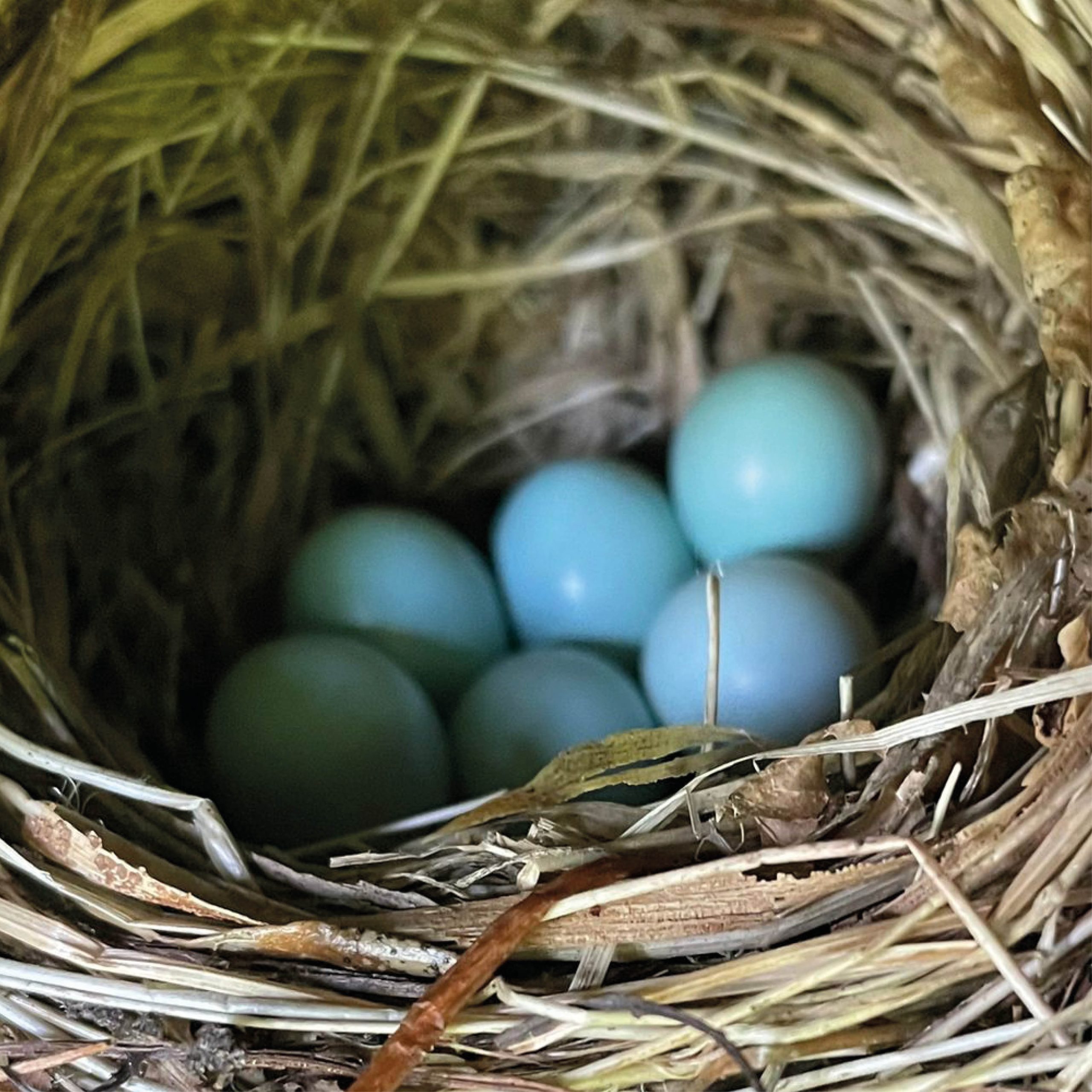Towards Zero Waste is a terrific addition to the field. The voice of the book is gentle, thoughtful and assuring, and skilfully succeeds in keeping pages turning easily – no mean feat considering the reader is being lulled into potentially radical behavioural change! Not only radical, but welcome, logical and necessary. There is a line early on which perfectly encapsulates the tone of the narrative where Féidhlim talks about acting “from a place of informed confidence, not blind ignorance”.
You can’t write a book advocating profound lifestyle change without laying solid foundations of course and the opening section provides a comprehensive background for why such change is desirable. It’s likely if you are reading this book that you may already be familiar with the territory – Féidhlim acknowledges this – even so, I found myself reading through. It’s not a pretty picture, but it is an important telling of the story of our times: the absurd diversity of our stuff, where it comes from, how long it hangs around for, where it goes to and how. This could be heavy but I found the pace good, the detail interesting and it doesn’t come across as ‘preachy’ in any way.
From here we launch into the practicalities of (approximately) zero waste. The approach is holistic, touching often on the subtle and not-so-subtle mindset and cultural changes at the heart of the matter, as well as satisfying those looking for proper nuggety detail and practical insight. You can forget about ‘Reduce, Reuse, Recycle’: I counted twelve nicely fleshed out ‘R’s, and a few other letters in chapter five. Room by room (yes, literally), Féidhlim walks through what zero waste actually looks like – and this section is what makes the book really stand out for me. Zero waste can’t just be a charming, airy, intellectual philosophy that sounds urgent and worthy but ultimately leaves the reader feeling despondent. This portrait of real daily life is what sticks in the mind, builds that all-important feeling of ‘informed confidence’ and really connects us to possibility. I say ‘real’ because it includes all sorts of mundane realities: children, pets, sheds, birthday parties, DIY, keeping warm in bed (not forgetting contraception) amongst a multitude of big and little things worth thinking about.
The topic of composting, being a critical circular system that you’ll need to be good at, gets a whole chapter to itself here too. I’ve been proudly composting and vermicomposting for many years, but reading this I realised that I had plenty of scope to take my game to the next level and beyond.
Towards Zero Waste concludes with a wide-ranging discussion of zero waste culture in larger arenas – local, national, international, global – and ways in which we can involve ourselves with the complex problems and solutions required. After all, we don’t exclusively exist on a domestic stage. Some of us are already involved in manufacturing, retail, design, education, policy, media, our communities and so on where we can wield influence. Even if we’re not, Féidhlim explores ways in which we can still advocate effectively based on sound permaculture principles.
This is a book with plenty of heart, grounded in lived experience and oodles of factual interest. If this is a field that interests you, I don’t think you’ll be disappointed by Towards Zero Waste – this is a substantial text with enough to challenge and support anyone already on the path to minimising waste.
Permaculture Book of Reed Beds
by Féidhlim Harty
Patrick Treacy is designer and editor at Womancraft Publishing womancraftpublishing.com.
